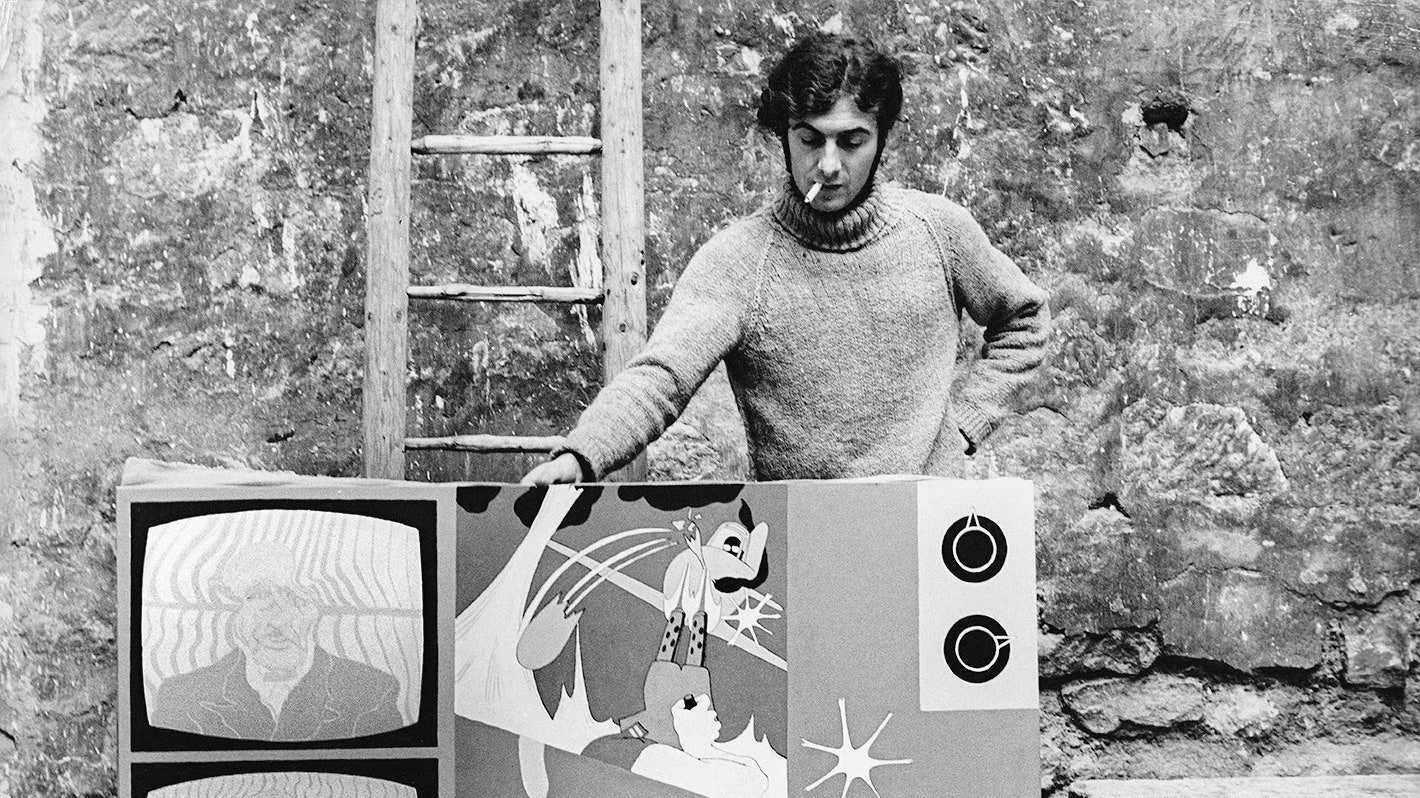Paris Calligrammes
The veteran documentarian Ulrike Ottinger presents a fresh portrait of Paris in the 1960s.
The German filmmaker Ulrike Ottinger is better known in Europe than in Britain and that is doubtless partly because her most notable films have had an avant-garde tendency. However, although this new work of hers is a very personal project, it is readily accessible: indeed, its greatest achievement lies in the fact that this documentary captures the ambience of Paris so vividly that it may well be the best portrait of the city on film.
Ottinger is here looking back on the years from 1962 to 1969 when she lived in Paris and, while evoking that era through its images and by way of the detailed commentary spoken by Ottinger herself, the film also incorporates contemporary footage that catches the city as it is now. When she arrived there, the 20-year-old Ottinger had not yet decided on a career in cinema and would study the art of etching in the studio of Johnny Friedlaender as well as working in the antiquarian bookshop founded by Fritz Picard. That shop was the Librairie Calligrammes named as a tribute to Apollinaire and the book of poems that he had published in 1918. An autobiographical thread does indeed run through this film but, despite the inclusion of clips from one or two of the films that she would make later, her own life is not a central concern. Rather it is a case of capturing the atmosphere of the Paris which opened her eyes both artistically and politically but doing so in a way that also takes account of how things look retrospectively.
Paris Calligrammes is divided into eleven titled sections plus a short epilogue and what it gives us is rich and fast-moving. Although it looks back to what was a golden time in the artistic life of Paris, one that involved such names as Sartre, Cocteau, Camus, Barrault, Gréco, Lévi-Strauss and Tzara to mention but a few, Ottinger’s film is far from being nostalgic for its own sake. There is full awareness (and not just in retrospect) of both the Algerian question and of French colonialism generally. We see Algerians living in shanty town areas of Paris while the artists of the day frequent such famed places as Les Deux Magots and the Café de Flore. Ultimately the May 1968 student revolution provides the film with a dramatic climax that is presented with a balanced view. Prior to that, Langlois and the Cinémathèque française naturally feature although rather unexpectedly the city’s numerous small cinemas are neglected even though night-life in the clubs is not.
The combination of old and new material, including the adroit use of individual archive photographs and extracts from historical interviews of the period, is well handled. Furthermore, Ottinger’s choice of recordings for the soundtrack adds rewardingly to the period atmosphere. There is, however, one drawback: the film by moving so fast and saying so much lacks any real breathing space for the viewer during its 129 minutes. Arguably, it would be easier to take it all in had the film been presented as a two-part, or even three-party, series on television. Nevertheless, for those who love Paris this is essential cinema which, if it is to be appreciated to the full, requires you to sit through the end credits. They are accompanied by Piaf’s classic recording of ‘Non, Je ne regrette rien’ but a written statement about it that follows puts a new slant on the song, a touch which is key to what Ottinger is seeking to say here.
MANSEL STIMPSON
Featuring the voice of Ulrike Ottinger.
Dir Ulrike Ottinger, Pro Thomas Kufus and Kornelia Theune, Screenplay Ulrike Ottinger, Ph Ulrike Ottinger, Ed Anette Fleming.
Zero One Film/Idéale Audience-Contemporary Films.
129 mins. Germany/France. 2019. Rel: 27 August 2021. Cert. 15.


